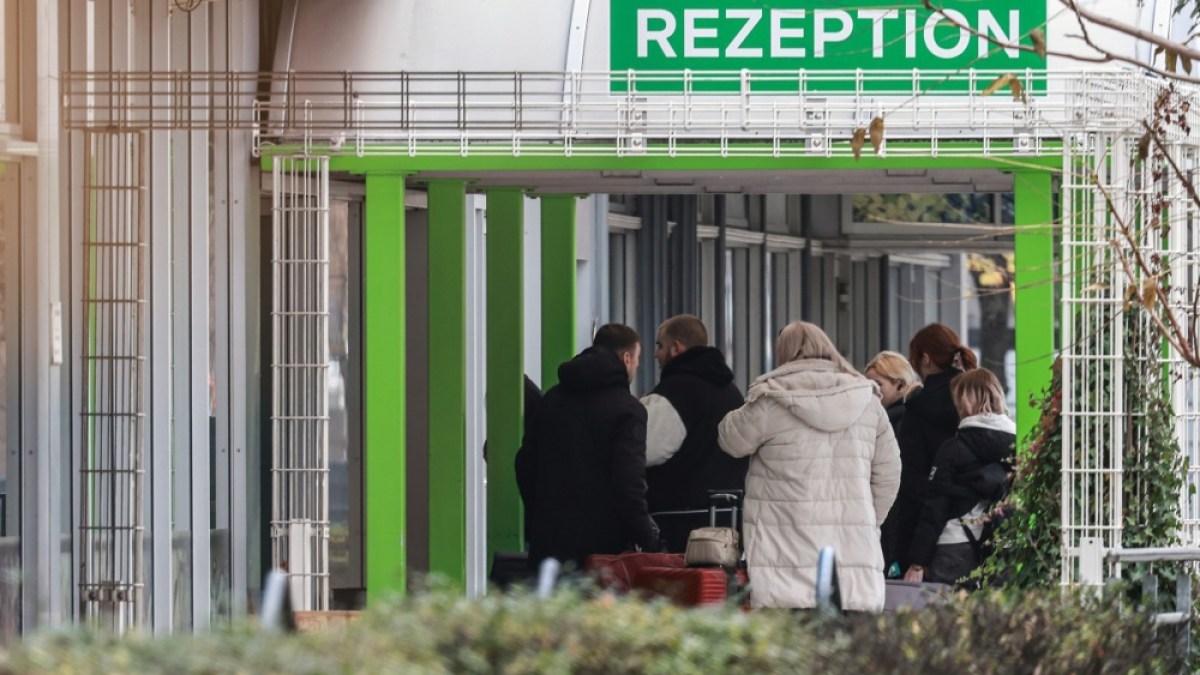Germany’s new government has ordered border police to turn away undocumented immigrants, including some asylum seekers, Interior Minister Alexander Dobrindt says.
Dobrindt on Wednesday announced the decision to rescind a 2015 instruction that had allowed entry for undocumented third-country nationals, saying the new order is aimed at reducing irregular migration because the numbers were too high.
He said exceptions would be made for “vulnerable groups”, including pregnant women and children, but his assertion that Germany would turn away some asylum seekers goes beyond what the previous government was willing to do.
“We are not going to close the borders, but we are going to control the borders more strictly, and this stronger control of the borders will also lead to a higher number of rejections”, Dobrindt told reporters in Berlin.
“We will gradually increase this higher number of rejections and the stronger controls at the borders”, he added. “We will ensure that, step by step, more police forces are deployed at the borders and can also carry out these pushbacks”.
The 2015 instruction was given under then-Chancellor Angela Merkel, whose term was defined by the arrival of hundreds of thousands of asylum seekers in Germany, many fleeing war in Syria.
The rejection of asylum seekers is legally controversial. The coalition agreement between Chancellor Friedrich Merz’s conservatives and the Social Democrats says the move should be made in coordination with neighbouring countries.
The announcement comes on the first full day of work for the government led by Merz, who has taken a hardline stance on irregular migration.
Dobrindt told reporters in Berlin on Wednesday that there would be increased police presence at the border in the coming days.
He plans to send up to 3, 000 additional officers to Germany’s borders to curb irregular migration, which would raise the number of border police to up to 14, 000, according to the German newspaper Bild, which quoted unnamed government sources.
The chairman of the GdP police union, Andreas Rosskopf, told the Rheinische Post newspaper that police have begun to increase the number of officers deployed to Germany’s land borders after receiving verbal instruction to do so.
The border force has been instructed to reorganise rosters where necessary “to achieve greater availability”, he said.
News magazine Der Spiegel reported that Dobrindt had ordered extra police to be deployed and they would have to work shifts of up to 12 hours a day to enforce the new policy.
Before the German elections in February, Merz promised a crackdown on migration after a spate of violent crimes blamed on foreign nationals amid rising support for the far right.
His coalition , has since agreed , to reject asylum seekers at borders, enable deportations to Syria and suspend family reunions.
Migration has been a contentious issue in Germany, the third largest refugee-hosting country in the world with 2.5 million refugees, including more than one million refugees from Ukraine. A growing number of German voters say they want the country to accept fewer immigrants.
Immigration and asylum were hotly discussed before , February’s elections, in which the far-right Alternative for Germany (AfD) party doubled its vote share.
In April, the country suspended the admission of refugees through a United Nations programme as the outgoing centre-left Social Democrats formed a new coalition with Merz’s centre-right Christian Democratic Union (CDU).
Source: Aljazeera

Leave a Reply